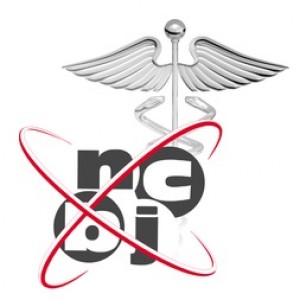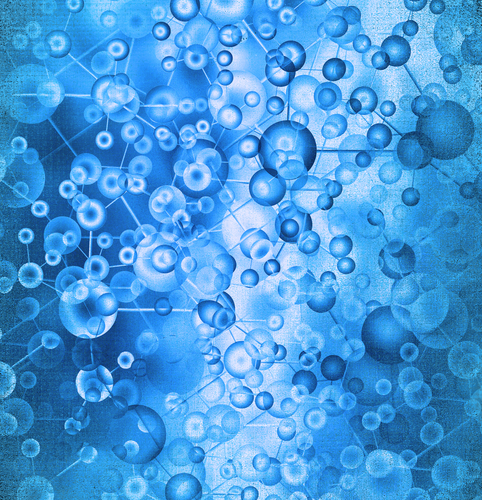 A new technology based on nuclear medicine has been developed and presented by the NCBJ POLATOM Radioisotope Centre located in Warsaw, Poland to be used in the diagnosis of inflammatory conditions. The novel product is called Techimmuna and is expected to be particularly effective in cases of rheumatoid arthritis, according to a press release from the center.
A new technology based on nuclear medicine has been developed and presented by the NCBJ POLATOM Radioisotope Centre located in Warsaw, Poland to be used in the diagnosis of inflammatory conditions. The novel product is called Techimmuna and is expected to be particularly effective in cases of rheumatoid arthritis, according to a press release from the center.
Techimmuna was designed to detect and precisely locate numerous sites of inflammation in the body. In patients who suffer from rheumatoid arthritis, it is expected to assess the level of activity of the disease, which can determine the next steps in therapy and treatment outcomes.
“Techimmuna is a radiolabelled preparation. Molecules of human immunoglobulin G produced from plasma proteins have been modified so that they readily bind technetium-99m radioactive atoms,” explained interim NCBJ POLATOM Director, Scientific Matters, professor Renata Mikołajczak. “In patient’s body the preparation is preferably taken up at sites of increased inflammation.”
The product is administered through a single injection of radiopharmaceuticals inside a nuclear medicine clinic and by experienced professionals. Approximately four hours later, the patient undergoes scintigraph scanning, which enables visualization of inflammation. Technetium-99m radiation is used, since it acts within a few hours and is expected to be potent enough to provide images useful for diagnosis while remaining safe for the patient, and is easily excreted by the body.
“Gamma radiation emitted by decaying technetium-99m atoms makes possible to locate the places. The radiation detected by a medical scanner is computed into spatial distribution of the radioisotope, which enables physicians to locate the inflammation and to determine disease’s character. Precise medical diagnostics is an indispensable prerequisite for a fast and efficient treatment,” added Mikołajczak.
In order for the protein/technetium-99m complex to remain stable inside the body without losing biological properties, the NCBJ POLATOM scientists have to attach a different and smaller molecule to human immunoglobulin G, which is able to safely attach to technetium-99m. The modified molecules were prepared by the researchers in a high-quality radiopharmaceutical form, ready to be administered at the clinics.
NCBJ is among the most renowned suppliers of nuclear medicine solutions in Poland, as well as a large player worldwide. The center is dedicated to providing radiopharmaceuticals as well as R&D accelerators, in order to improve disease outcomes. Regarding rheumatoid arthritis, a chronic inflammatory joint disease, the center may be able to help improve early diagnosis, and consequently, slow down disease progression and prevent associated complications.


